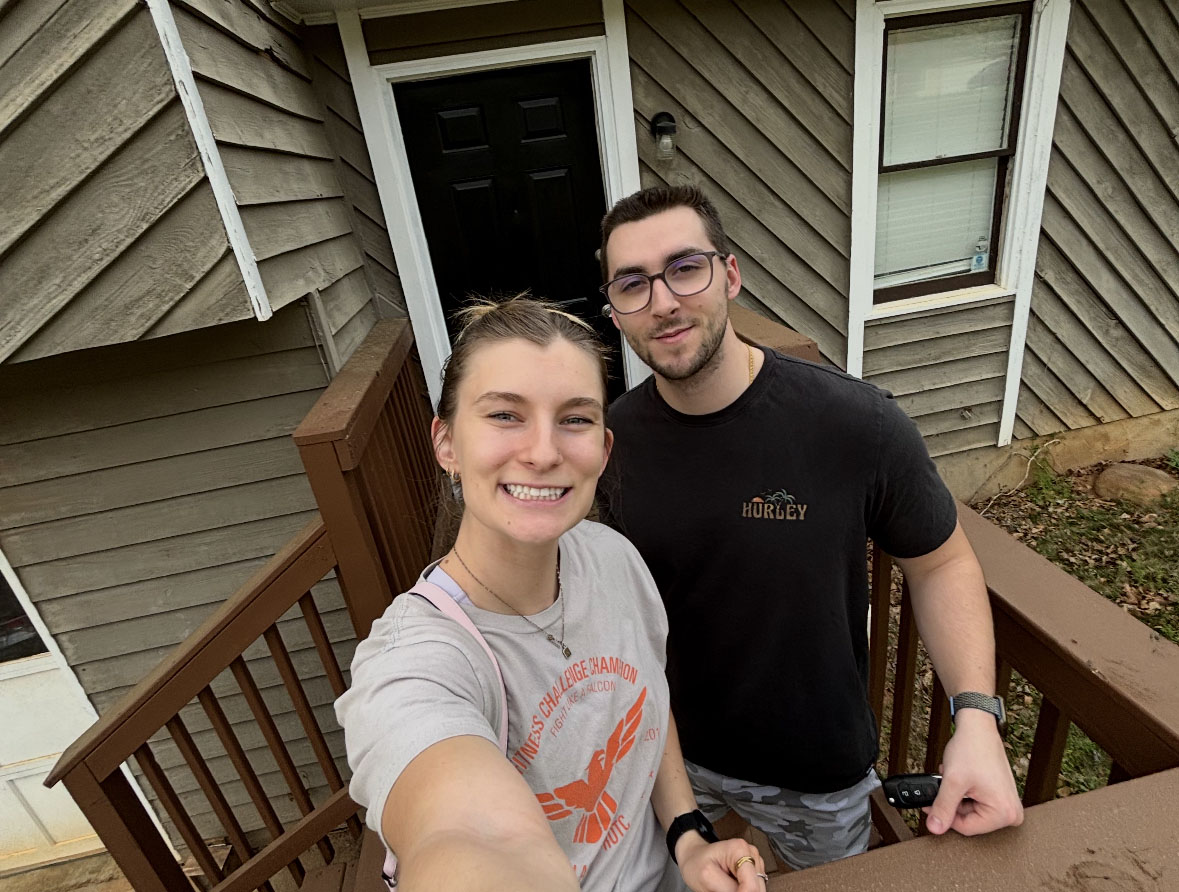With pension plans declining, and more people becoming reliant on Social Security, maintaining a reasonable standard of living after retirement might seem like a pipe dream to some. For individuals who own their own home, a reverse mortgage may be an option that can help make ends meet.
What qualifications are needed to be considered for a reverse mortgage?
A reverse mortgage is available to individuals 62 years of age and older who own and occupy a home as their primary residence.
How do reverse mortgages work?
Reverse mortgages are the complete opposite of a standard mortgage, hence the word “reverse”. Instead of making regular monthly payments to pay down the loan, reverse mortgages actually provide funds which do not require repayment during the borrower’s lifetime in their home. You may ask, “How is this possible?” or “Why would they send me money and expect no payments in return?” This is possible because a reverse mortgage taps into a homeowner’s equity.
How much money can someone receive?
The amount of money received is determined by four primary factors: The age of the youngest borrower; the appraised value of the home; current long term interest rates; and the amount of any existing mortgage balance outstanding. This combination of factors determines whether someone is eligible to receive a reverse mortgage, and if approved, how much money they are able to receive.
What payment options are available for a reverse mortgage?
A major benefit of reverse mortgages is that there are multiple payment options available. One option is to receive a lump sum payment, which means taking all the money that is available upfront. Another option is to receive their funds with the issuance of a line of credit, allowing the borrower to use the money when they choose. Receiving a monthly payment that continues as long as the borrower remains in the house, or receiving monthly payments for a fixed period of time are options as well. One last payment option would be to receive a portion of the money in a line of credit while receiving the rest through one of the two monthly payment options previously listed.
There are no restrictions on how the money can be used. For example, the money can be used to pay off debts, travel, make home improvements, etc.
When does the loan become due, and who is responsible for paying the off the loan?
When the borrower leaves the house or passes away, the amount of the loan, with accumulated fees and interest, becomes due. In the event where there are two borrowers and one spouse predeceases the other, the loan continues until the surviving spouse no longer occupies the residence. The amount of fees and interest will vary depending on the amount of money borrowed and the length of time it was borrowed.
In most cases the borrower(s) are responsible for paying off the loan. In an instance where the last borrower is deceased, the designated heirs will be responsible for repayment of the loan. Usually, two situations take place. In almost all instances, the heirs will simply sell the home. In this case, the reverse mortgage would be paid off upon the sale of the property, and the heirs would retain any remaining sale proceeds. If there is a desire to keep the home in the family, the reverse mortgage would most commonly be paid off by refinancing.
Could the borrower end up owing more than the home is worth?
No. Reverse Mortgages are FHA loans, meaning the borrower can never owe more than the value of the home. If there is a reverse mortgage loan balance which exceeds the current value of the home, there is no additional personal repayment obligation on the part of the owners.
If you are considering a reverse mortgage, make sure to research and consult with a reputable company to help you understand the terms of the loan and options available. If you are considering a reverse mortgage and would like more information about the loan process, call Mariner Finance at 866-382-5080 or click here to speak with one of our licensed loan officers today.
This material was prepared for general distribution. Although all blog posts are intended to be accurate, the information and third-party links provided in the Mariner Finance’s blog are intended for general knowledge and educational purposes only without any warranties, implied or express, of any kind. The posts do not constitute investment, financial or other advice. Authors may or may not be licensed financial professionals; for specific advice, seek the input of a licensed and trained financial expert. Mariner Finance’s blog entries may also be viewed at www.pioneercredit.net and www.personalfinancecompany.com.
[/fusion_text][/fusion_builder_column][/fusion_builder_row][/fusion_builder_container][fusion_global id=”3780″][fusion_global id=”8000″][fusion_global id=”8001″]













